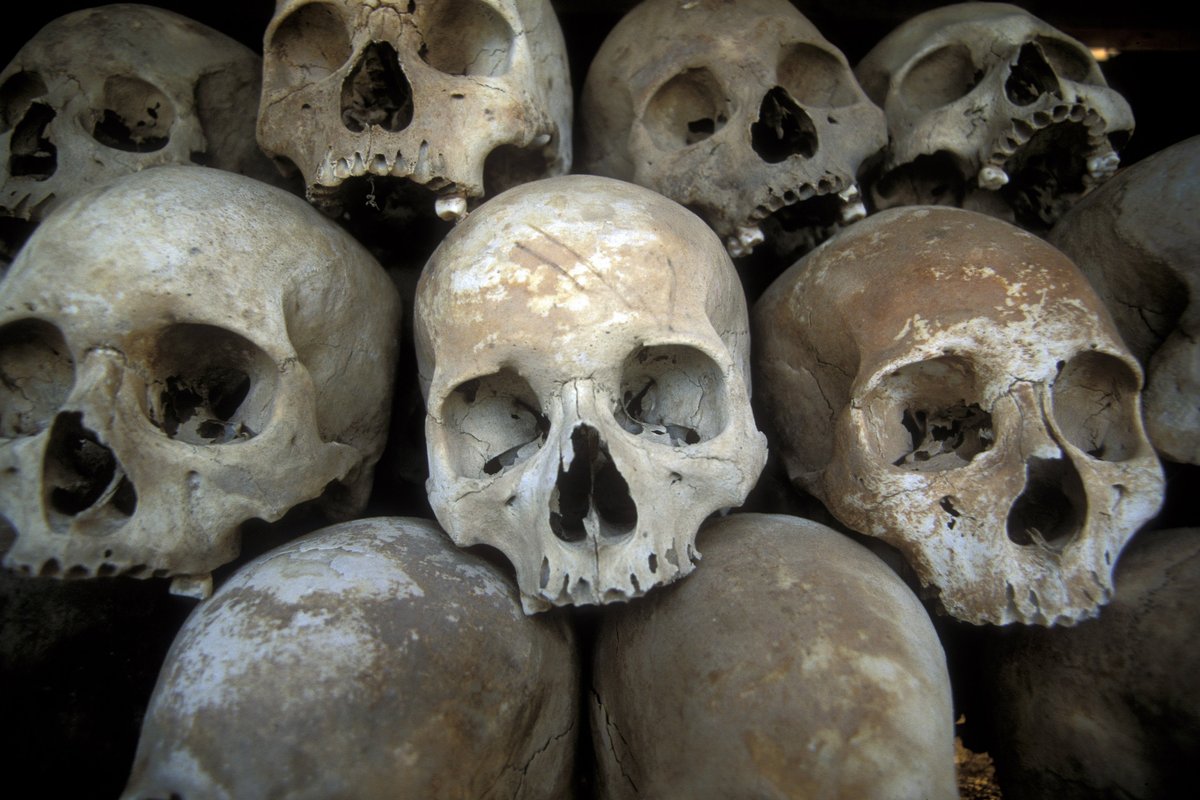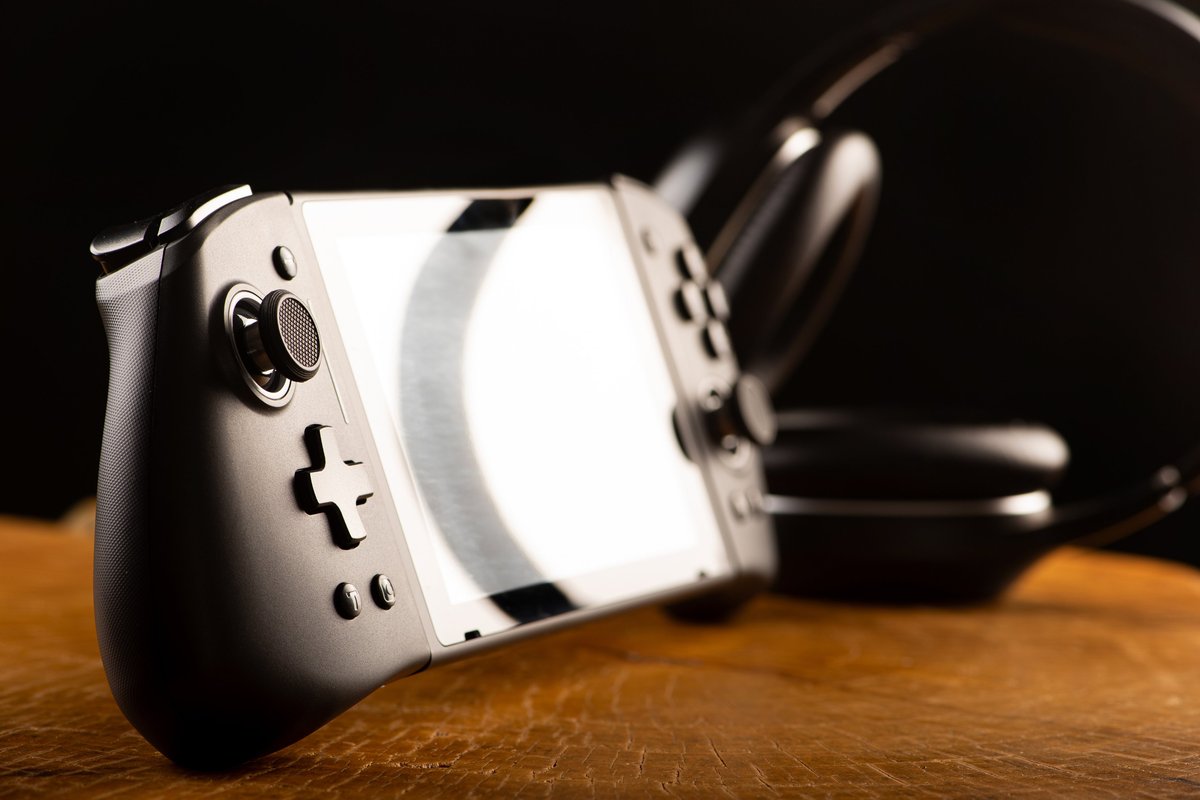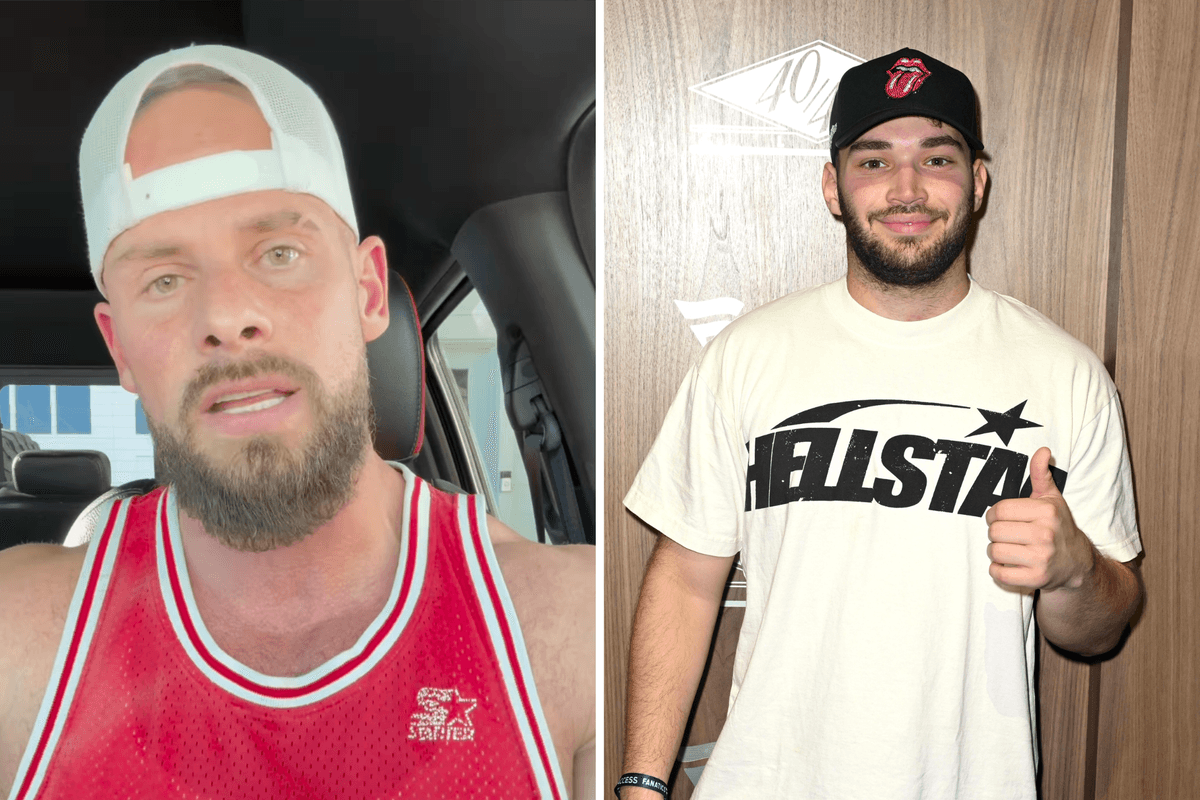Catherine Shuttleworth
Dec 08, 2024
World's largest cruise ship begins maiden voyage in Miami
Reuters
A new dialect has been emerging from certain parts of Miami due to cultural intermingling between Spanish and English speakers.
The distinct dialect is a Spanish-influenced dialect of English, born out of decades of immigration to Southern Florida from Spanish-speaking countries.
Consider one of the most bilingual cities in the US, Miami consists of a majority Hispanic and Latino population. In recent decades, the Spanish languages has mixed with American English, resulting in a new dialect consisting of its own expressions and phrases.
Linguists at Florida International University in Miami said the linguistic development is a perfect example of how human languages are constantly shape-shifting in the face of historical and social conditions.
“All words, dialects, and languages have a history,” Professor Phillip M. Carter, Director of the Center for Humanities in an Urban Environment at the Florida International University, told IFLScience.
“In Miami, there are many ways of speaking English. The variety we have been studying for the past 10 years or so is the main language variety of people born in South Florida in Latinx-majority communities. The variety is characterized by some unique but ultimately minor pronunciations, some minor grammatical differences, and word differences, which are influenced by the longstanding presence of Spanish in South Florida,” added Carter.
This new dialect takes aspects of Spanish sayings and directly translates them into English, whilst retaining the existing Spanish structure of the phrase. This is what is known as a calque.
For example, "bajar del carro" becomes "get down from the car" - not "get out of the car" as you would expect to see in most American English dialects.
This new dialect isn't only been adopted by bilingual speakers. In fact, linguists have noticed that certain phrases have become adopted by native English speakers too.
“These are examples of literal lexical calques – direct translations. What is remarkable about them is that we found they were not only used in the speech of immigrants – folks who are leaning on their first language Spanish as they navigate the acquisition of English – but also among their children, who learned English as their co-first language,” Carter said.
In 2022, Carter and linguist Kristen D'Allessandro Merii carried out a study to document Spanish-origin calques in the English spoke in South Florida. A national group from beyond South Florida were also asked to perform a similar task.
The study consisted of asking 33 people in Miami - including a diverse mix of first-generation Cuban Americans, second-generation Cuban Americans, and non-Cuban Hispanic people - what they thought of more than 50 sentences that were typical of the new dialect. The sentences then had to be rated on whether they sounded "perfect," "okay," "awkward," or "horrible."
Their findings showed that the dialect typically sounded “natural” to those in Miami, but people living outside the region found it significantly more alien. Highlighting that dialects are born by subtle differences adding up until people who don't speak the dialect find it ungrammatical.
Carter stressed that it was important for Miami English - and any dialects which emerged from marginalised communities - to lose its stigma.
“I want Miami English to lose its stigma because Miami English is someone’s home language variety. It’s the language that person learned from their parents, that they used in school, that they hear in their community. It’s the language variety they developed their identity in, developed their friendships in, found love in. Why should that be stigmatized?” asks Carter.
Carter and D'Allessandro Merit's study can be found in English World-Wide.
This article was first published on 30 January 2024.
Sign upto our free Indy100 weekly newsletter
Have your say in our news democracy. Click the upvote icon at the top of the page to help raise this article through the indy100 rankings.
How to join the indy100's free WhatsApp channel
Top 100
The Conversation (0)














